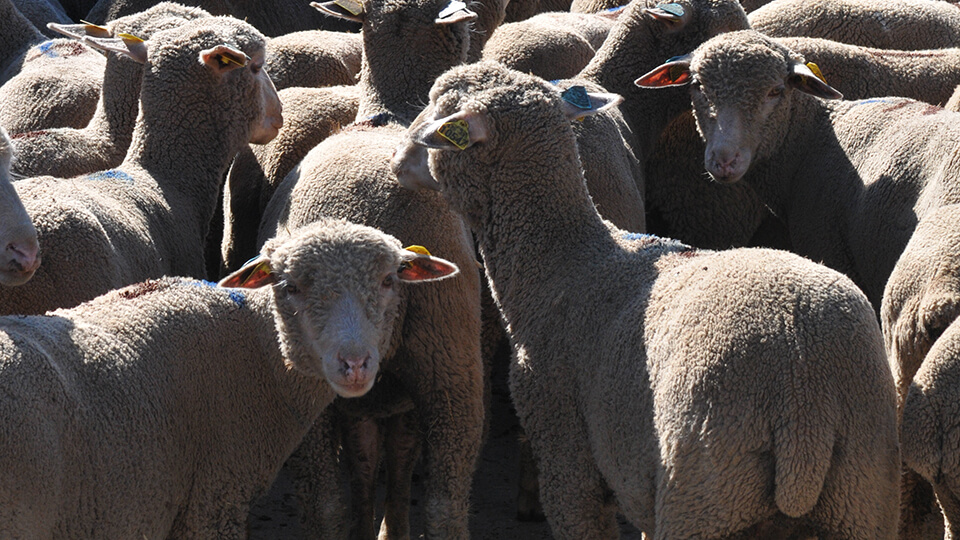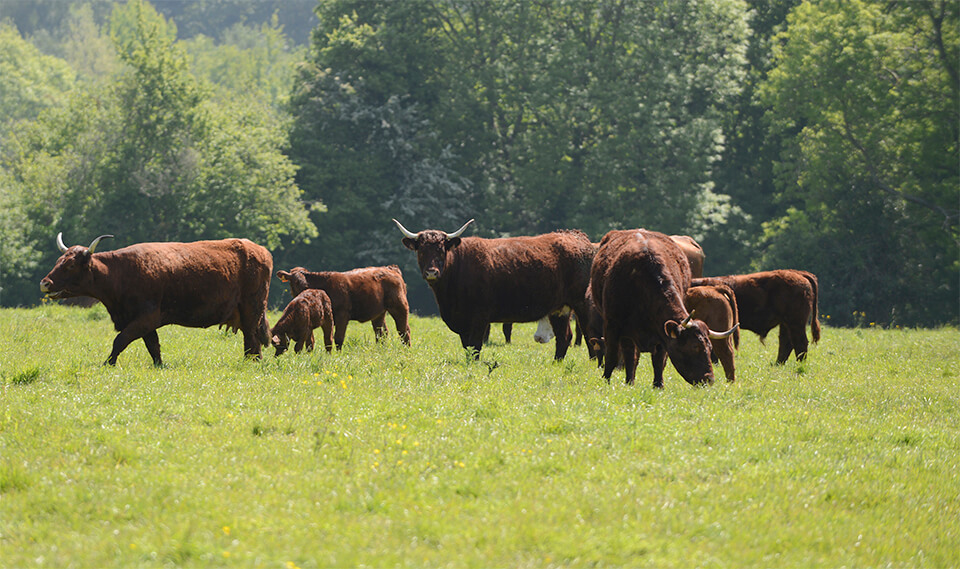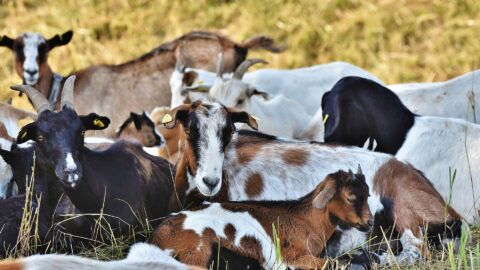Etude des diarrhées de chèvres adultes

Auteurs
Résumé
Cet article vis à aider les vétérinaires à aborder les diarrhées des caprins adultes. Les causes à envisager sont souvent alimentaires, bactériennes, parasitaires, ou parfois liées à l’ingestion de plantes toxiques ou de mycotoxines. Le diagnostic s’établit en intégrant les commémoratifs, l’épidémiologie du troupeau, puis en réalisant des analyses complémentaires sur les malades. En élevage intensif, les diarrhées sont bien connues en début de lactation, à la suite d’erreurs alimentaires : excès de concentré, manque de fibres, ou encore transition trop rapide. Au pâturage, les causes parasitaires et infectieuses s’ajoutent aux causes nutritionnelles. L’examen de la ration est fondamental. La suppression d’un aliment suspecté de contenir des mycotoxines ou un excès d’azote non protéique peut améliorer les symptômes. Dans les cas d’entérotoxémies, une vaccination est possible. Des compléments alimentaires comme le bicarbonate de sodium aident à tolérer une ration déséquilibrée si elle ne peut être changée. Pour le risque parasitaire, un schéma de traitement doit être élaboré, appuyé par des coproscopies régulières.
Abstract
This paper aims to help veterinary surgeons deal with cases of diarrhoea in adult goats. Diarrhoea can be caused by the diet, by bacteria, by parasites and sometimes by the ingestion of toxic plants or mycotoxins. Diagnosis is based on the integration of a description of the problem, the epidemiology of the herd and after performing complementary analyses on affected animals. In intensive farms, diarrhoea is often seen at the beginning of lactation, due to feeding errors: too much concentrate, low fibre levels or even a feed transition which is too short. In grazing animals parasitic and infectious agents are seen in addition to nutritional problems. A study of the feeding system is essential. Removing a feedstuff suspected of containing mycotoxins or excessive levels of nonprotein nitrogen can improve the situation. Vaccination is possible in cases of enterotoxaemia. In cases where the diet cannot be changed, feed supplements such as sodium bicarbonate can help animals tolerate unbalanced diets. When diarrhoea is caused by a parasite a treated protocol should be introduced and its effectiveness tested by regular coproscopy.


